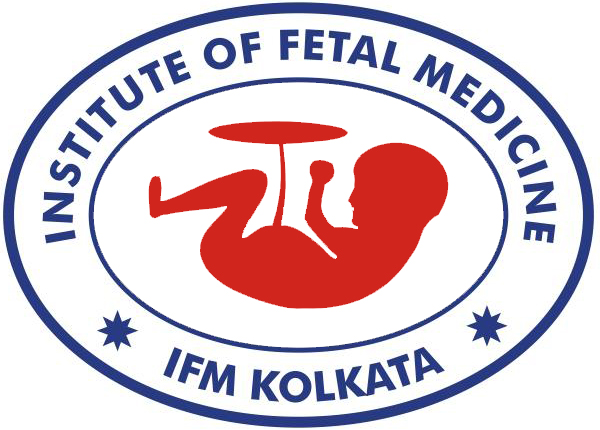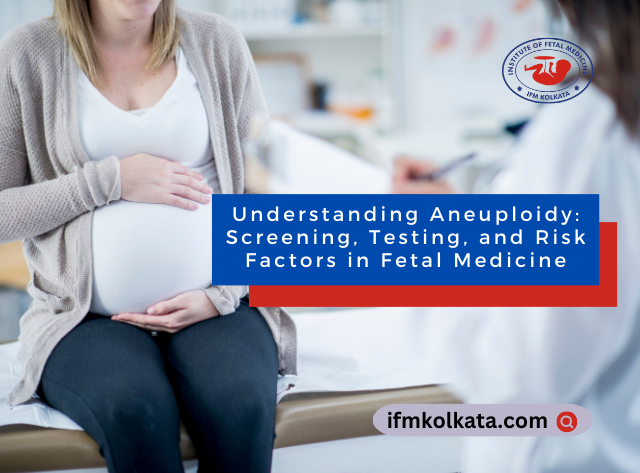Understanding Aneuploidy is paramount for ensuring the wellbeing of the unborn baby. This condition, characterized by an abnormal number of chromosomes, can have significant implications for fetal health. This article aims to delve into the intricacies of screening methods, diagnostic procedures, risk factors, and its occurrence in fetal development.
Aneuploidy Overview:
Aneuploidy refers to the presence of an abnormal number of chromosomes in a cell, resulting from errors during cell division. While the normal human cell contains 46 chromosomes arranged in 23 pairs, Aneuploidy disrupts this balance, leading to either an excess or deficiency of chromosomes.
Aneuploidy Screening and Testing:
Early detection of Aneuploidy is crucial for prenatal care. Various screening methods are available to assess the risk of Aneuploidy during pregnancy, including non-invasive prenatal testing (NIPT), ultrasound scans, and maternal serum screening. These tests help identify potential abnormalities in fetal chromosomes and guide further diagnostic procedures.
Diagnostic Procedures:
For definitive diagnosis, invasive procedures such as Amniocentesis and Chorionic Villus Sampling (CVS) are performed. These procedures involve extracting fetal cells or tissues for chromosomal analysis, providing detailed information about the presence and type of Aneuploidy.
Risk Factors:
Several factors contribute to the occurrence of Aneuploidy, including advanced maternal age, parental chromosomal abnormalities, environmental factors, and genetic predisposition. Understanding these risk factors enables healthcare providers to assess the likelihood of Aneuploidy and tailor appropriate screening and diagnostic measures.
Understanding the risk factors associated with Aneuploidy is crucial for identifying individuals who may benefit from targeted screening and intervention.
- Advanced Maternal Age: Women of advanced maternal age, typically defined as 35 years or older, have an increased risk of conceiving a fetus with Aneuploidy. This age-related risk is primarily attributed to errors in chromosomal segregation during egg development.
- Parental Chromosomal Abnormalities: Inherited chromosomal abnormalities in one or both parents can predispose to Aneuploidy in the offspring. These abnormalities may be identified through genetic testing and counselling, allowing for informed reproductive decisions.
- Environmental Factors: Exposure to certain environmental factors, such as radiation, chemicals, and toxins, during pregnancy can elevate the risk of Aneuploidy. Minimizing exposure to these factors is essential for reducing the likelihood of chromosomal abnormalities in the fetus.
- Genetic Predisposition: Individuals with a family history of Aneuploidy or genetic disorders associated with chromosomal abnormalities may have an increased susceptibility to this condition. Genetic counselling can help assess familial risk and provide guidance on reproductive options.
- Assisted Reproductive Technologies (ART): Some assisted reproductive technologies, including in vitro fertilization (IVF) and intracytoplasmic sperm injection (ICSI), may slightly elevate the risk of Aneuploidy due to factors such as embryo manipulation and culture conditions. However, advancements in ART techniques have led to improved screening methods to mitigate this risk.
Aneuploidy Screening in Kolkata:
In Kolkata, the Institute of Fetal Medicine offers specialised Aneuploidy screening services utilizing state-of-the-art technology and expertise. With a focus on early detection and personalized care, the Institute provides comprehensive screening protocols to monitor fetal health and minimize risks.
Aneuploidy and Polyploidy:
While Aneuploidy involves an abnormal number of individual chromosomes, Polyploidy is characterized by the presence of extra sets of chromosomes. Both conditions can lead to developmental abnormalities in the fetus and require thorough evaluation and management by fetal medicine specialists.
Markers and Occurrence:
Markers indicating Aneuploidy may manifest during different phases of fetal development. Understanding the timing and nature of these markers is essential for accurate diagnosis and intervention. Factors such as maternal health, genetic predisposition, and environmental influences play significant roles in the occurrence of Aneuploidy during fetal development.
Aneuploidy, a critical aspect of fetal medicine, requires advanced screening, diagnostic techniques, and understanding of risk factors. The Institute of Fetal Medicine in Kolkata is dedicated to supporting expectant parents facing challenges related to this condition.


